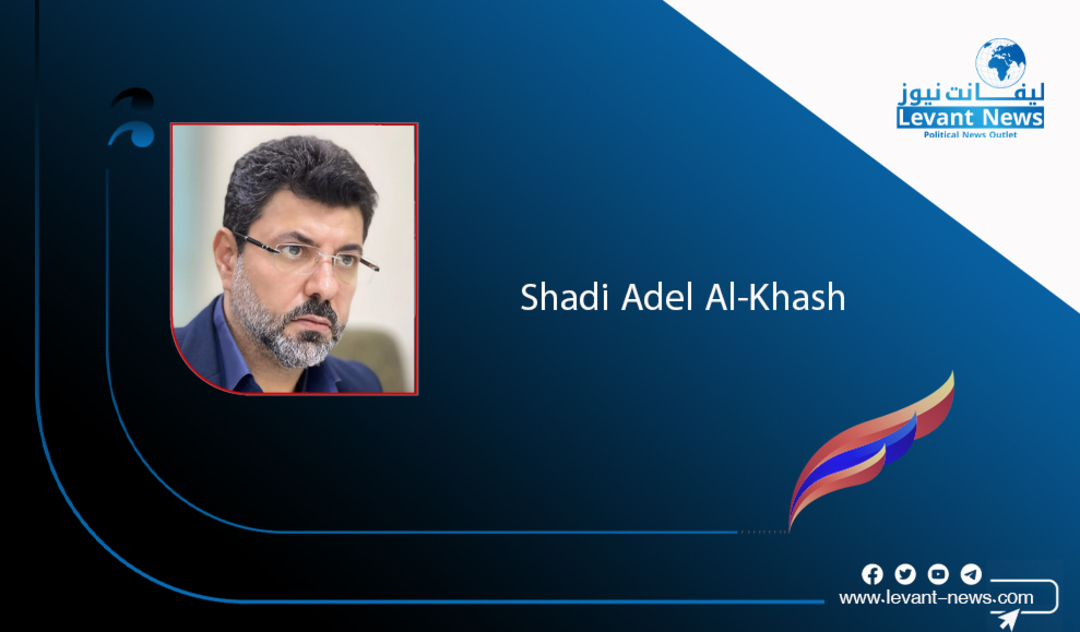-
First the External... and the People Are Out of the Equation

Ahmed Sharae’s statement, in which he disclaims all his past and his course by saying, “I am not an extension of the jihadists, nor an extension of the Muslim Brotherhood, nor of the Arab Spring,” is enough to open a broader question addressed to him—and to all of us. If he is not an extension of all this, then what remains of the path that brought him here?
I am one of those who lived through the revolution from its very first day. I saw how the Syrians shed their blood to open this door, and how the story passed through difficult stations, with many serving as bridges that others crossed. Today, when someone steps up to deny everything that happened before, we feel that the sacrifices are wiped out by a passing phrase.
And this is not the first time. In his first speech, he announced that “the revolution has ended,” and we considered that an early sign that what had happened over the past years meant nothing to him except what brought him to the seat of power. In the same meeting with Arab journalists he chose, he announced that “he has forgiven the wounds caused by Hezbollah in Syria,” as if the blood of thousands spilled by that militia could be condensed into a negotiating paper folded on the political table.
All these statements were not directed at us Syrians but formulated to address the outside world:
- To Washington and Europe, to say: “I am no longer a jihadist.”
- To the Gulf and Cairo, to say: “I am not the Muslim Brotherhood, and I will not repeat the Arab Spring.”
- To the regional regimes, to say: “I am not a revolution,” but merely a ruler sought for investment.
The clearer message to us is that this man considers that each phase has its tools, which are used up and then discarded and denied. Daesh was a tool, as was Al-Qaeda, the jihadists, and the revolutionaries who believed in him—they were all tools. Tribal support bases were tools, and even the revolution itself was treated as an instrument whose role has ended. Then, Syrian blood becomes a commodity that is traded with foreign approval, while the people are marginalized.
The issue is not in disagreement over names or affiliations but in trust. How can someone who declares today that the revolution has ended, who forgives the wounds of victims, and denies his past, ensure that he won’t abandon those supporting him tomorrow if the winds outside change?
This external support—taken as a basis—may give him credentials when interests demand, but they are withdrawn when balances shift. It may elevate a leader to prominence, but it never provides stable, lasting legitimacy, because such legitimacy is temporary and fragile by nature. It lives only as long as the interest that produced it exists.
Legitimacy rooted in the people, however, is not granted through endorsement papers from foreign capitals. It is built with the people who paid the price and endured on the ground. Every regime based solely on the approval of outside powers remains hanging by thin threads, and if it persists—if it persists!—it can only do so by legitimacy of blood, intelligence agencies, and weapons directed inward.
However, this kind of legitimacy does not establish a state or build a future; rather, it reproduces the catastrophe that Syrians have experienced for decades.
Only the legitimacy of the people can turn authority into a national project, not just a political job in the marketplace of international deals. This is a lesson learned by tyrants throughout history, but always too late, after they have destroyed their peoples and homelands.
Sharae’s statement is not just a repudiation of the past; it is a declaration that the inside is not part of his calculations, and that the people, the revolution, and the victims mean nothing to him compared to a foreign acknowledgment stamp. This is not pragmatism, but a cheap sale in the international political market.
What Sharae said is not about jihadists, Muslim Brothers, or the Arab Spring. It’s about the meaning of loyalty and the value of Syrian blood that should not be erased with a sentence in a speech.
Anyone who believes that outside support alone is enough to keep him in power should remember that it is the inside—its sacrifices and resistance—that writes history and will decide the future.
Shadi Adel Al-Khash
You May Also Like
Popular Posts
Caricature
opinion
Report
ads
Newsletter
Subscribe to our mailing list to get the new updates!






















